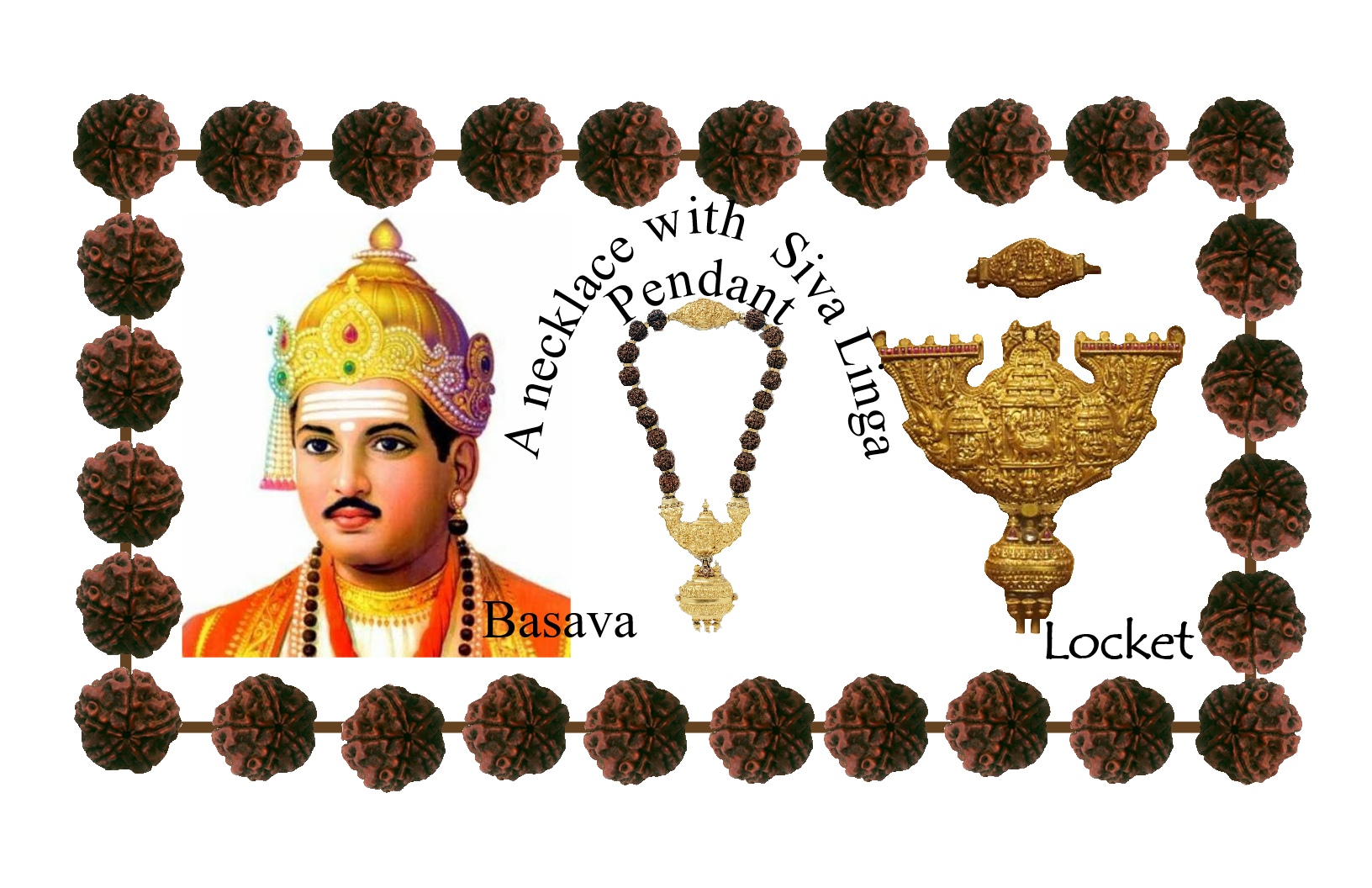Veeraswamy Krishnaraj

Basava-Lingayatism
Basava (12th century)
Basava a Kannada form of Sanskrit Vṛishabha, the
Bull carrier of Lord
Śiva.
He was born
Śaiva,
well-versed in
Śaivism
and worked as chief minister of the king. He is the founder of Anubhava
Maṇḍapa (Hall of Spiritual Experience). He spoke Vachanas in Kannada.
The VacBasava-Lingayatismhanas
(reminiscences) were in oral tradition and written down later, in the
15th century... He is
called by his endearing name, Basavanna (Elder Brother Basava). He was
married.
He is the architect of Vīraśaivas
(Heroic worshippers of
Śiva).
He was against caste stratification and hierarchy, temple worship,
rituals, gender inequality... He propagated personal worship of
Śiva,
wearing icon of liṅga.
To him temples are static and fixed, while the
tenets are dynamic and illuminating.
The Lingayatism followers wear the icon of Siva,
the liṅga. He rejected his high birth, shed his sacred thread and
cultivated his closeness to the oppressed castes. "Cannayya (the
untouchable) is my father and Kakkayya (the tanner) is my uncle.”
A Dalit boy married a Brahmin girl. The fathers
were sentenced to death by the king. Riots ensued and the king Bijjala
was killed.
Lingayatism is qualified monism and loving devotion
(Bhakti). There are Liṅgayats
in Karnataka and Tamil Nadu.